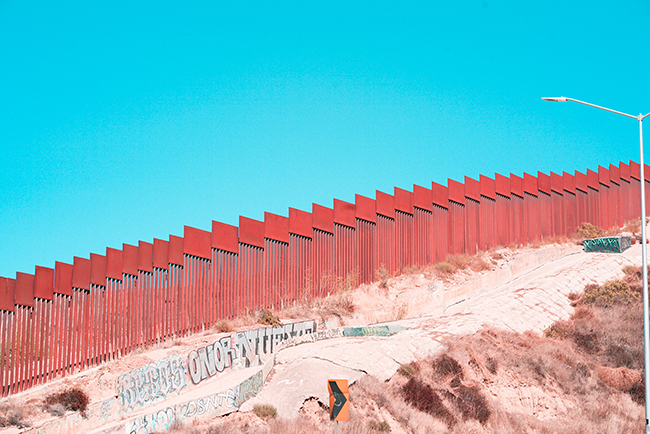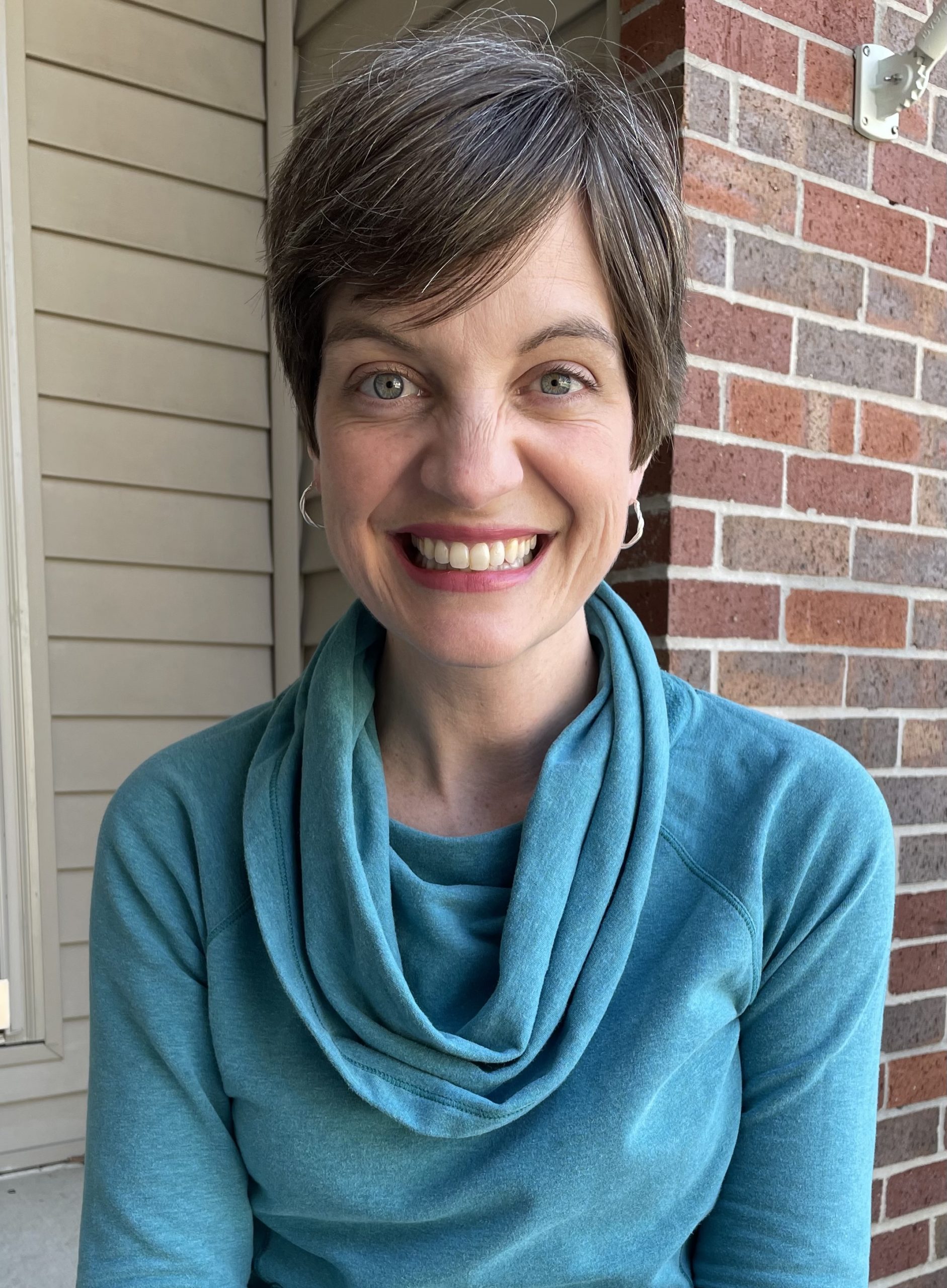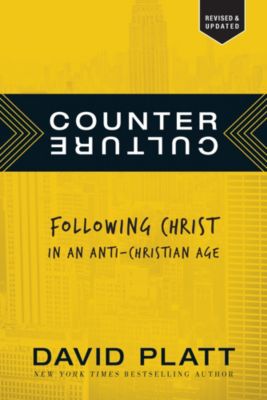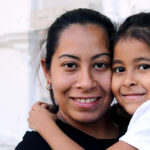
More than 4 in 5 pastors (86%) believe Christians have a responsibility to sacrificially care for the refugee and foreigner. How are some churches doing just that?
By Meredith Flynn
Jorge Rodriguez’s young church is engaged in one of its city’s most urgent ministry needs. Buses of asylum-seekers are arriving in Chicago—people looking for safety, peace, and a chance for better lives. These new arrivals are the most recent sojourners in Rogers Park, the church’s densely populated and highly diverse neighborhood.
“How do we take Deuteronomy 10:17-19 and apply the gospel?” Rodriguez quotes the Scripture where Moses calls God’s people to love the sojourner because they themselves were sojourners in the land of Egypt. We all know what it’s like to be a foreigner, the pastor said.
“When we were strangers and foreigners to the covenant promises of God, He drew us. And He’s made us citizens of a kingdom that we got ushered into by faith.” The gospel, Rodriguez said, is the impetus for the church’s care for the foreigner.
The U.S. government set this year’s ceiling for refugee admissions at 125,000. The same ceiling in 2022 resulted in just over 25,000 admissions, but the higher cap signals a desire to return the refugee resettlement program to higher numbers. A Lifeway Research survey found 86% of pastors believe Christians have a responsibility to sacrificially care for refugees and foreigners. But 44% said their church has a sense of fear about global refugees coming to the United States. Still, another Lifeway Research study found nearly 4 in 5 evangelicals (78%) would support changes to immigration laws that both increase border security and establish a process to earn legal status and apply for citizenship for those currently in the U.S. unlawfully.
For Rodriguez’s Grace Family Church in Chicago, refugee ministry looks like helping collect and deliver winter coats to a refugee center. It’s inviting neighbors to dinner. It’s recognizing they’re called to not only love foreigners new to the city but also foreigners who have lived in their neighborhood for decades.
Loving your neighbor
The Afghan-American Church in Fremont, California, launched in 2018 to share the gospel with the Afghans in the Bay Area. Mike, who’s originally from Afghanistan, planted the church with a few other Christians. He and his wife, Hannah, now help lead the church’s outreach to immigrants and refugees joining the Afghan community that’s been in their area for 40 years.
“They believe America will be the promised land, the land flowing with milk and honey,” Hannah said of Afghans who arrive with high expectations of life here. Instead, new arrivals face scarce housing, few job opportunities, mountains of paperwork, and unfamiliar systems that are difficult to navigate.
Their church stands ready to help with those immediate and long-term challenges. They help refugees complete paperwork and find housing. Alongside several other church partners, Afghan-American Church operates an English program, offering classes in person and online. They organize Easter and Christmas events and reach out to kids through a backpack drive and, last summer, an English camp.
“Our goal is to serve the Afghan community with the love of Christ. We believe the good news of Jesus is good news, and we’re not ashamed to speak that.” — Hannah of Afghan-American Church Click To TweetThey talk openly about their faith, Hannah said, but are motivated to love their neighbors based on God’s calling to do so—whether or not their neighbors receive the gospel. “Our goal is to serve the Afghan community with the love of Christ,” she said. “We believe the good news of Jesus is good news, and we’re not ashamed to speak that.”
Proclaiming hope in Jesus
In 2021, the Taliban overtook Afghanistan’s government, leading to an influx of Afghan refugees in the U.S. The church received many calls—from people in Afghanistan and the States—asking for assistance. The church has gained a reputation as a group of people ready to help.
“They tell each other, ‘Go to the church,’” Hannah said, recounting how members of the community have learned to turn to churches and Christians in the area. “People know who we are and what we’re about. They know we want to help people, and they know we are Christians.”
Afghan-American Church is the fulfillment of a literal dream Mike had years ago. In Afghanistan’s special forces, Mike experienced a devastating military mission in Kandahar province. In the aftermath, he had the desire to read the Bible. He got a copy, started reading, and soon had a dream in which a voice told him, “Share the gospel with your people, my son.”
Mike didn’t know what that meant, but he kept reading and eventually put his faith in Christ. Several years later, another dream led him to connect online with other Christians. Through a Facebook page for Iranian Christians, he found other Afghan believers to study the Bible with online. It’s that experience that drives Mike to continue to minister to Afghans online by planning to start a virtual class on the basics of Christianity.
“We love the Afghan people,” Hannah said. “It’s because of our love for them that we are going to share what we believe to be good news, that they don’t have to worry about the future, that there is hope in Jesus.”
Caring for new neighbors
On the opposite side of the country, three things align to make Clarkston, Georgia, a good fit for refugees: affordable housing, job availability, and public transportation. The suburb also has a high walkability score, said pastor Trent Deloach. Even without a car, Clarkston’s residents have easy access to what the small city offers and to nearby downtown Atlanta.
“They’re fighting for a better future for their children, more than anything,” Deloach said of the refugees who come to Clarkston, long noted for its ethnic diversity. That diversity, said the pastor of Clarkston International Bible Church (CIBC), is due largely to refugee resettlement. Reportedly 60,000 refugees have lived at least temporarily in Clarkston over the last several decades.
People represent at least 60 countries in Clarkston, Deloach said, and speak more than 100 languages. To meet the needs of its incredibly diverse population, CIBC practices what they call “new neighbor care.” Under that umbrella, the church offers a host of ministries: English as a Second Language (ESL) classes, welcome events, holiday gift baskets, diaper giveaways, driving lessons, and the Refugee Sewing Society—a micro-business enterprise involving 20-25 artisans.
Multiplying the impact
A partnership with the North American Mission Board’s Send Relief has increased CIBC’s ministry reach. In 2017, Send Relief purchased CIBC’s building and has since expanded the site into the Atlanta Send Relief Ministry Center. The church has a permanent home on site, and the center operates both as a resource for refugees and a training ground for churches that want to learn to minister effectively in their own contexts.
CIBC and Send Relief partner with other local organizations to help with job placement and medical care for refugees. In the summer, the church hosts Camp Encounter, a 6-week day camp that last year saw more than 100 campers, representing 15 countries.
“We love our diverse neighbors unconditionally because God loves them unconditionally. It is a significant privilege to serve in such a beautiful, diverse community.” — Trent Deloach, pastor of Clarkston International Bible Church Click To TweetThe church body also represents the diversity of Clarkston, operating as a family of partner churches that encompass Sudanese, Nepali, Swahili, Burmese, Pakistani, Indian, and Ethiopian worshipers.
Investing in ministry that is, by nature, very transient is challenging, Deloach said. It can either hamper the church, he said, or inspire a different question: When people move away from Clarkston, what would happen if they took Jesus with them? What if every person who comes into CIBC looks for a healthy church when they get where they’re going next?
“CIBC’s passion is to glorify God by making disciples locally and globally,” he said. “We dream of the day when every one of our neighbors has a Christian friend who can point them toward Christ. We love our diverse neighbors unconditionally because God loves them unconditionally. It is a significant privilege to serve in such a beautiful, diverse community.”
For permission to republish this article, contact Marissa Postell Sullivan.

Meredith Flynn
Meredith is a freelance writer in Springfield, Illinois.










